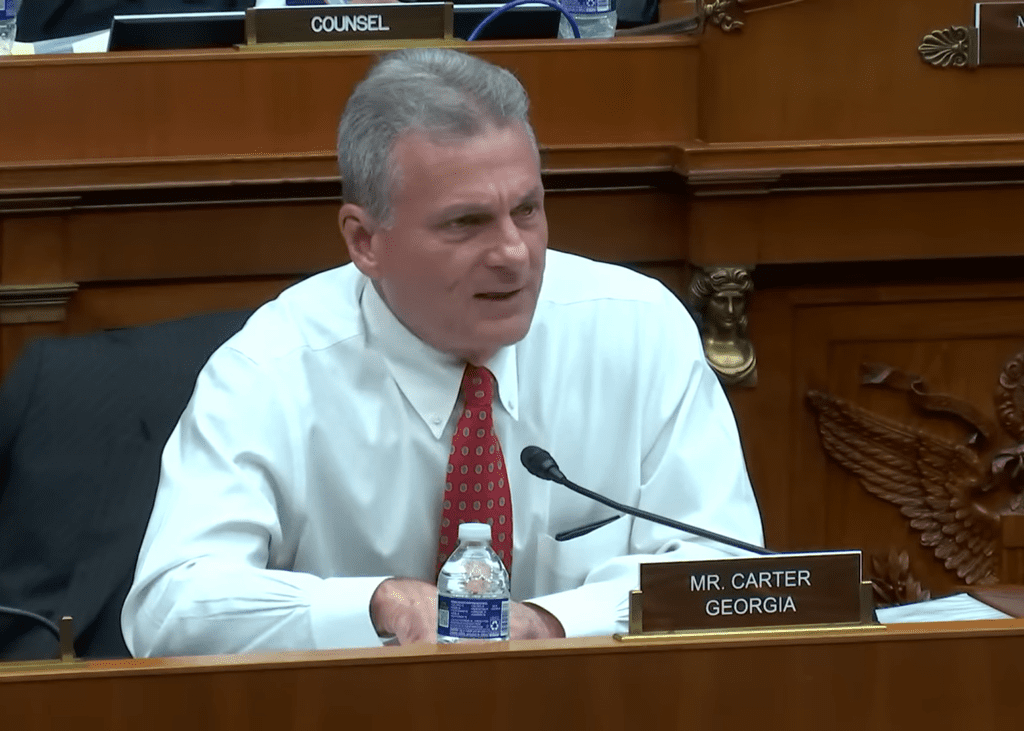Ordinary market mechanisms are inadequate against the emerging public health threat of antimicrobial resistance (AMR), lawmakers and experts agreed at the April 28 hearing of the House Energy & Commerce Oversight and Investigations Subcommittee.
The solution recommended by several hearing participants is a subscription payment system like the one in the PASTEUR Act, which was reintroduced in the House and Senate the day before. Instead of paying drug makers by the dose, a subscription model encourages new development and prevents harmful overuse of antibiotics by paying for the public benefit of having a ready defense against AMR infections when they arise.
“I know it’s not a legislative hearing, but I would be remiss if I didn’t say the bipartisan PASTEUR Act that Representatives Ferguson and Peters just reintroduced yesterday would set up that kind of subscription model,” said witness Amanda Jezek of the Infectious Diseases Society of America (ISDA), representing doctors and other health professionals.
Extent of the threat
Much of the fact-finding in the hearing on “Antimicrobial Resistance: Examining an Emerging Public Health Threat” focused on the extent and characteristics of the threat.
More older Americans die from drug resistant infections than any other group of people, said Rep. Jan Schakowsky (D-IL), citing Centers for Disease Prevention and Control (CDC) figures. In fact, the data underestimates the problem, because in most deaths brought on by AMR, there is usually another cause of death listed, said Kevin Outterson, Executive Director of CARB-X, a nonprofit partnership accelerating antibacterial products.
Congress members spoke of special concerns that were important to their constituencies. Rep. Michael Burgess (R-TX) noted the Valley Fever fungus had spread beyond its usual distribution area to reach Texas, and Rep. Kat Cammack (R-FL) inquired about the relationship between hurricanes and outbreaks of AMR.
Rep. Kathy Castor (D-FL) asked about the current progress in addressing AMR.
“We already lost some of the developments we had with antimicrobial resistance with the pandemic, seeing the number of resistant infections going up. Any time you have more people in the hospital, and the strains have an opportunity to spread, infections rise,” said Mary Denigan-Macauley, Director of Public Health at the U.S. Government Accountability Office.
Support for the PASTEUR Act
Noting he was a cosponsor of the PASTEUR Act, Rep. Buddy Carter (R-GA) asked for an explanation of “pull incentives” and the benefits of the PASTEUR Act.
“For antibiotics, we don’t really want the drug that sells to a million people or 10 million people, because that would represent a public health disaster,” said Outterson. He said, if everything works as it should, we would only use this drug for a small number of people. But recouping investment from such low sales would require a high price for the medicine.
“The PASTEUR Act or subscriptions tries to pay for the value to society for this drug,” he said.
The Biotechnology Innovation Organization (BIO) is supports the PASTEUR Act. “The subscription model under PASTEUR is an innovative way to pay for novel antimicrobials while supporting the pillars of appropriate use. We can thereby gain the leg up we need on superbugs,” according to a Bio.News analysis by Emily Wheeler, Director of Infectious Disease Policy at BIO.




